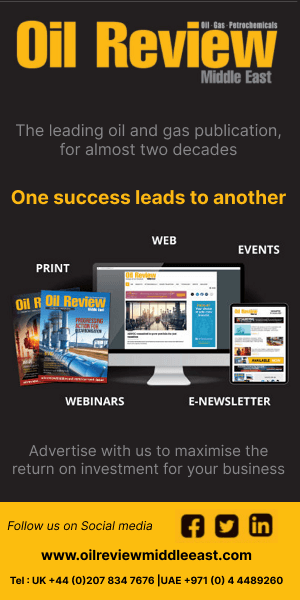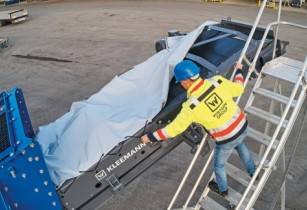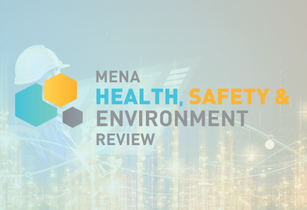Economist Moin Siddiqi analyses how the GCC governments are ushering in reforms and developing new strategies as economic recovery gathers steam
The Gulf Cooperation Council (GCC) countries ? Bahrain, Kuwait, Oman, Qatar, Saudi Arabia and the United Arab Emirates (UAE) ? coped well with simultaneous crises in the health, trade, and oil sectors thanks to unprecedented policy responses, which proved more supportive compared to other emerging market and developing economies (EMDEs), according to the World Bank.
Kristalina Georgieva, managing director International Monetary Fund (IMF), commended them when she said, ?You have enhanced already-strong public health systems that has kept fatality rates in the GCC among the lowest in the world. And that is precious because this crisis is above all a human tragedy. You have taken as good care as possible of your people. Bahrain and the UAE rapidly deployed some of the largest per capita testing and contact tracing regimes in the world. Fiscal packages and liquidity support have protected incomes and livelihoods, and the financial sector. Timely and innovative measures included tax exemptions and deferrals, cash transfers, and subsidies to small and medium-sized enterprises.?
However, the region has not escaped this turbulent phase unscathed, with current account balances shifting from surplus to deficit and private capital flows (including foreign direct investment) recording substantial falls over the past year. The service, retail, hospitality and tourism sectors were hard hit by containment measures, raising challenges for those countries where these industries command a large share of output (Bahrain and UAE). Manufacturing has also slowed, and investment plans are being delayed across most of the region.
New development strategies
The COVID-19-related global recession (the deepest since 1930s) calls for swift policy actions needed for a resilient economy. The probability of moderate oil prices and the transition to a low carbon future underscore the need for the GCC governments to lay the foundations for a more sustainable growth model ? the main criteria of which are:
Investing in digital technologies: the full 5G wireless adoptions in Gulf region will enable more remote work, education, telemedicine, and e-government. The UAE, Qatar and Saudi Arabia are already advanced in the ICT sector and in digital skills. Average ICT adoption in the GCC is close to that of advanced economies. A continued increase in e-government is evident with the UAE ranking 21 in the 2020 UN e-government survey, while other GCC states rank among the top 50. Countries embracing digital revolution and encouraging companies to move towards digital business models will be better equipped for the recovery phase.
Accelerating energy transition: Saudi Arabia, UAE and Oman have set ambitious targets to increase the construction of clean energy facilities and deployment of renewables in energy mix over the long term. The UAE plans to invest US$163bn with a target of achieving 44%, 38%, 12%, and 6%, respectively, of energy needs provided by renewables, gas, cleaner fossil fuel and nuclear power by 2050. It is building the world?s largest solar power plant; Oman aims to generate 10% of installed capacity from onshore wind and solar by 2025; Saudi Arabia 2023 target is 9.5 gigawatt (GW), equivalent to 10% of generation capacity. The Kingdom launched plans to build NEOM, a zero-carbon city.
Strong educational systems: This is key to preparing young people for productive jobs and supporting diversification agendas. GCC countries devote around 8% of GDP on average to social spending (IMF data). School enrolment rates are broadly on par with advanced country levels but standardised international test scores indicate a need for higher efficiency of education spending in the region. School curricular should increasingly focus on science, technology, engineering and mathematics (STEM) in order to teach the core skills demanded in today?s sophisticated global economy ? thus boosting the quality of human capital.
To read more, click here!



























